In Their Own Words...
Cambridge postgraduates discuss their experiences applying to and studying at the University of Cambridge.
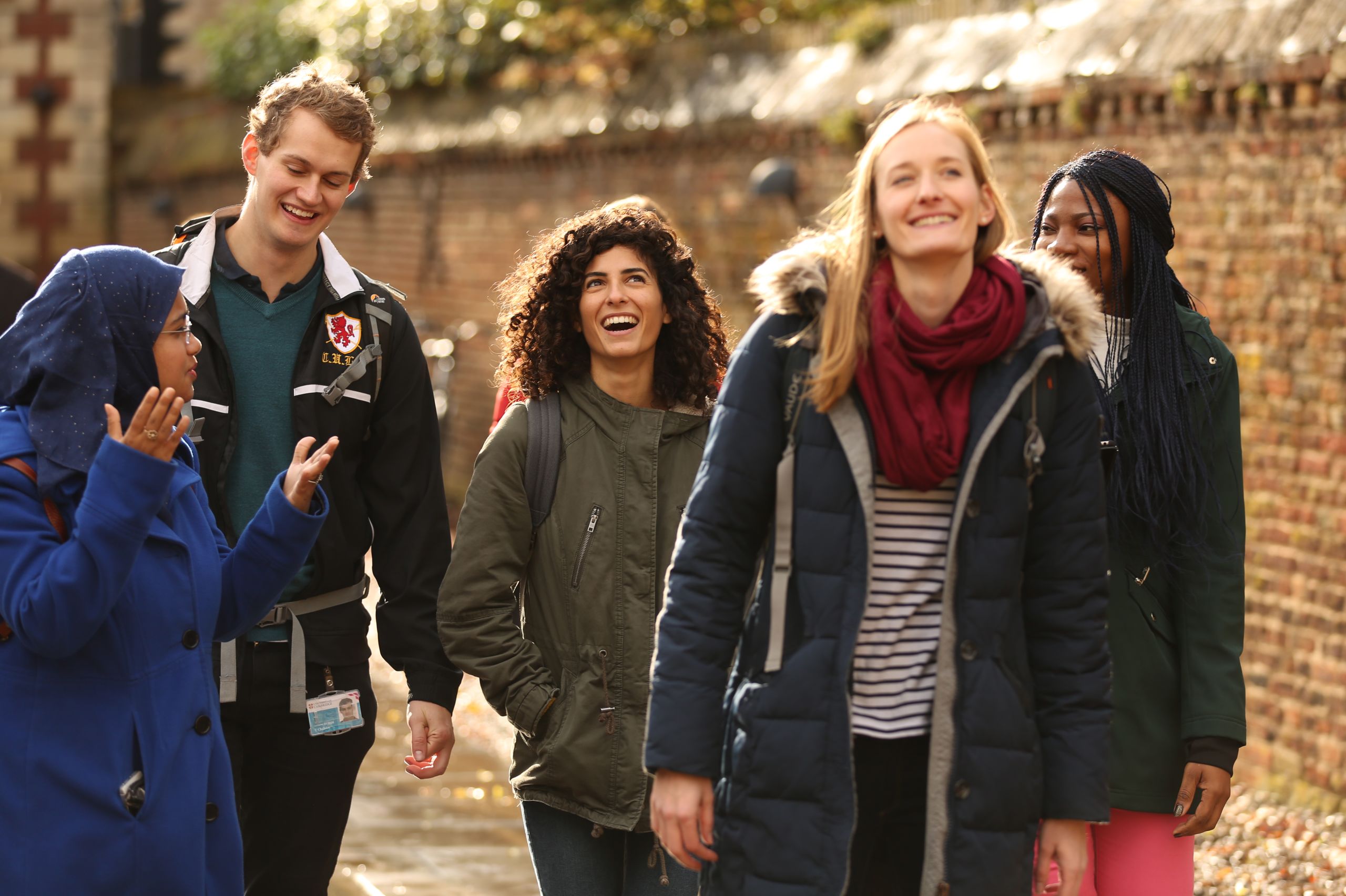
Why did you choose to study at Cambridge?
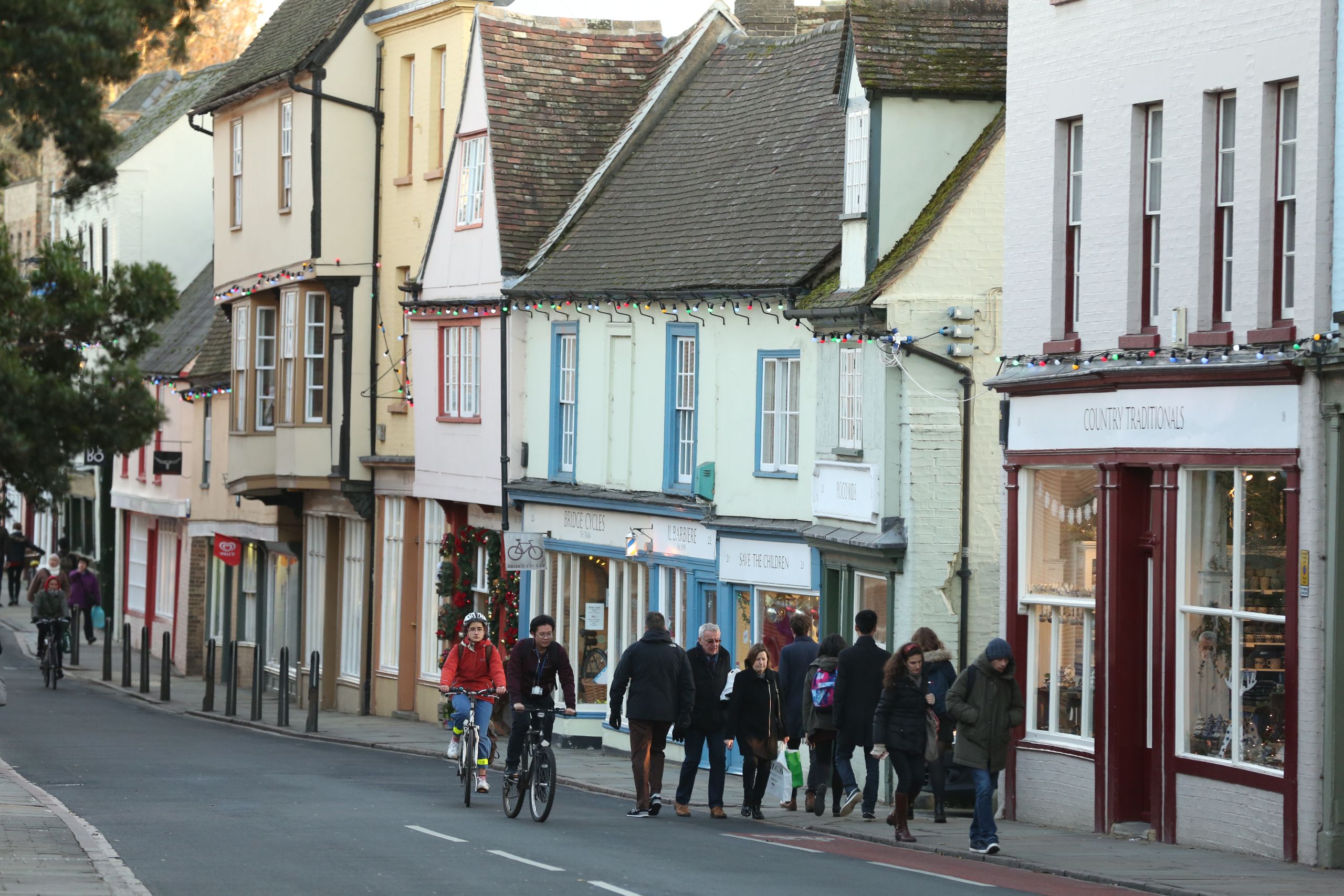
"I chose Cambridge for a lot of reasons including the University’s excellent reputation. I chose it for its research facilities and because I was able to do bench-to-bedside research at Addenbrooke's Hospital.
I also wanted to study at Cambridge so I could gain new experiences like College life in a beautiful city, and to be able to explore the other side of the world."
Monica, PhD in Clinical Neurosciences
"I believed it was a place I could meet people and to build networks that would make my dreams come true. I am happy to say I wasn't wrong."
David Izuogu, PhD in Chemistry
"I wanted to get the best education in order to achieve my goals. I found that it's an amazing environment here. It’s warm and welcoming and you feel you can always share thoughts and ideas with fellow scholars."
Shachar, MPhil in Planning, Growth and Regeneration
What advice would you give applicants looking for funding?

"Talk to your potential supervisor about what funding is available for the program, look at different websites, and talk to students who are currently studying a similar subject at Cambridge."
Anna Lena, PhD in Biochemistry
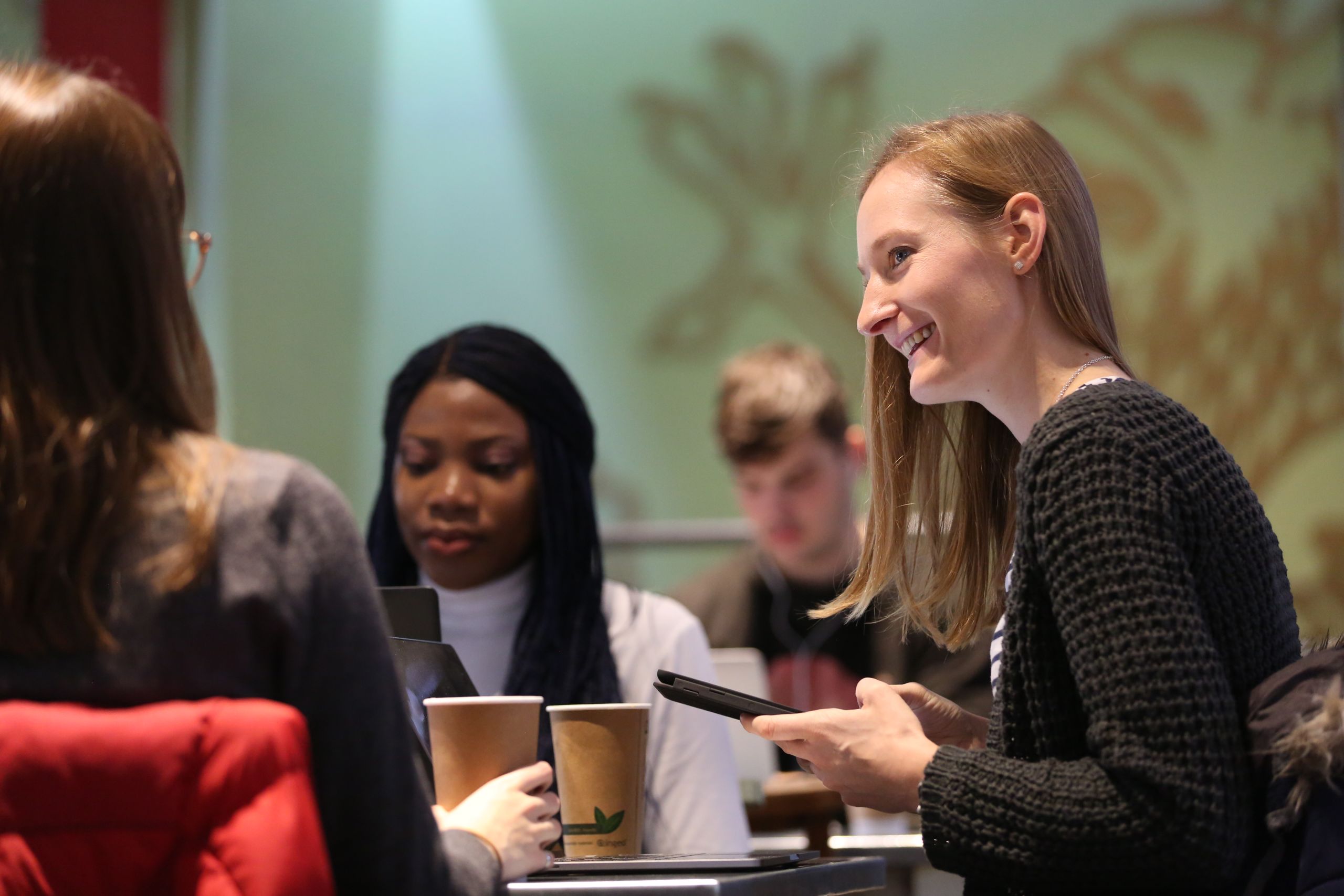


"Search widely for funding opportunities from the University, Colleges, the government, and even NGOs. Do not neglect any funding as you may be able to combine different partial scholarships. You could also discuss funding opportunities with your potential supervisor."
Camille, PhD in Medical Science @ MRC Epidemiology Unit
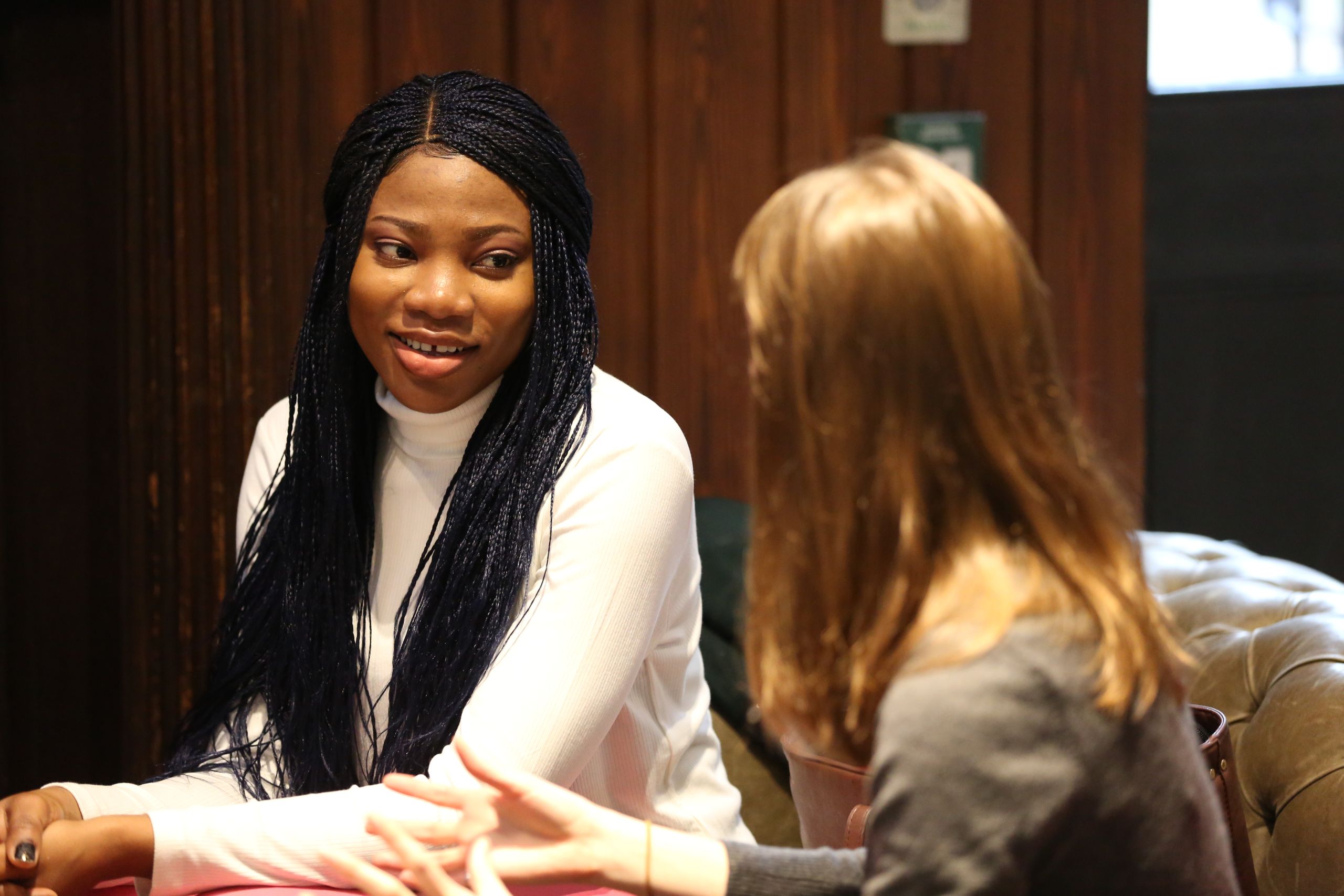

"Check for College funding. Different Colleges have various levels of funding which can make a big difference to your experience. There are also certain bodies outside your Department and College that can be useful, like the Philosophical Society, which can give members up to three months funding if you run out!"
Thomas, PhD in Materials Science
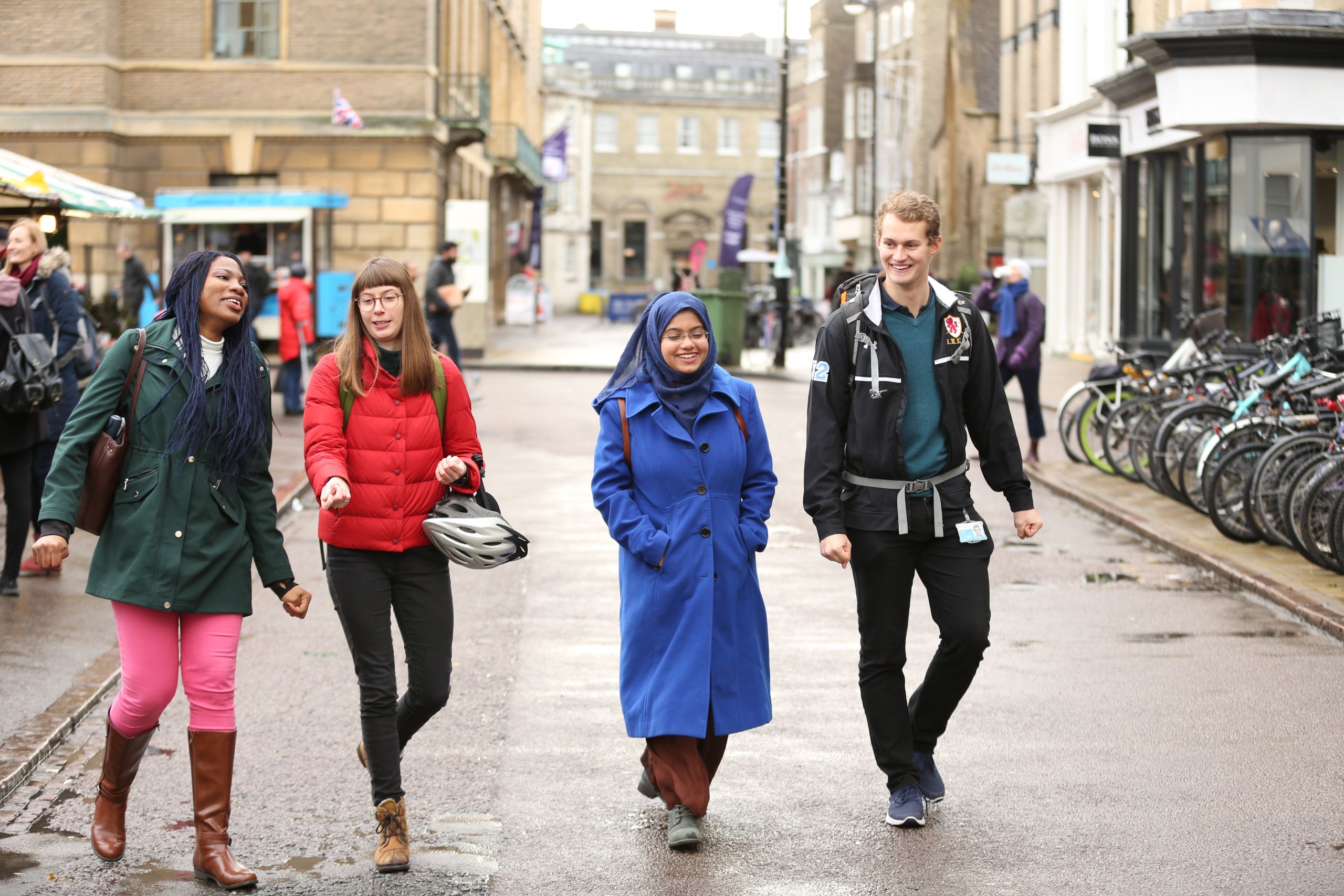


What are your top tips for making a successful application?
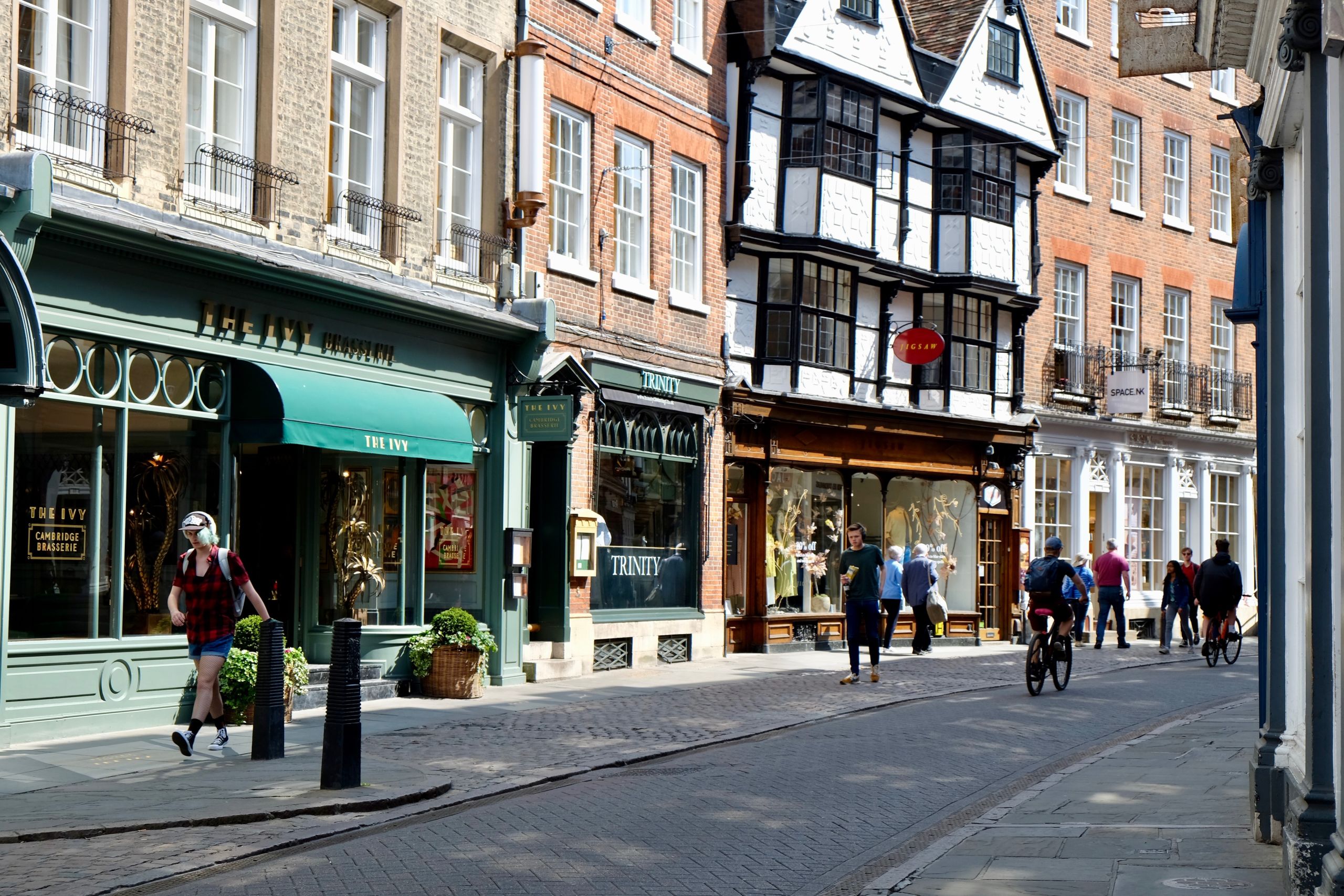
"Think carefully about how you present yourself. Do your homework on the Department first, proof read your application, and ask others to read through your application as well."
Nabila, PhD in Development Studies
"Start planning and searching as early as possible for a course and check to see what the entry requirements are. If you are looking for a research-based course and aren't sure where your interest lies, contact potential supervisors and talk about projects they can offer you. Be confident in the interview and talk to the interviewer naturally."
Jiale, PhD in Physics
"Ask people outside of your field to read your research proposal, give your referees plenty of notice to write and submit their references, and don’t wait until the final hour to hit submit in case anything goes wrong – it happened to me!"
Claire, PhD in Earth Sciences
"I think that showing your passion for your subject is more important than your knowledge. Also, be honest and use language that is natural to you in your application."
Liam, PhD in Materials Science and Metallurgy
What are some of your favourite things about studying at Cambridge?
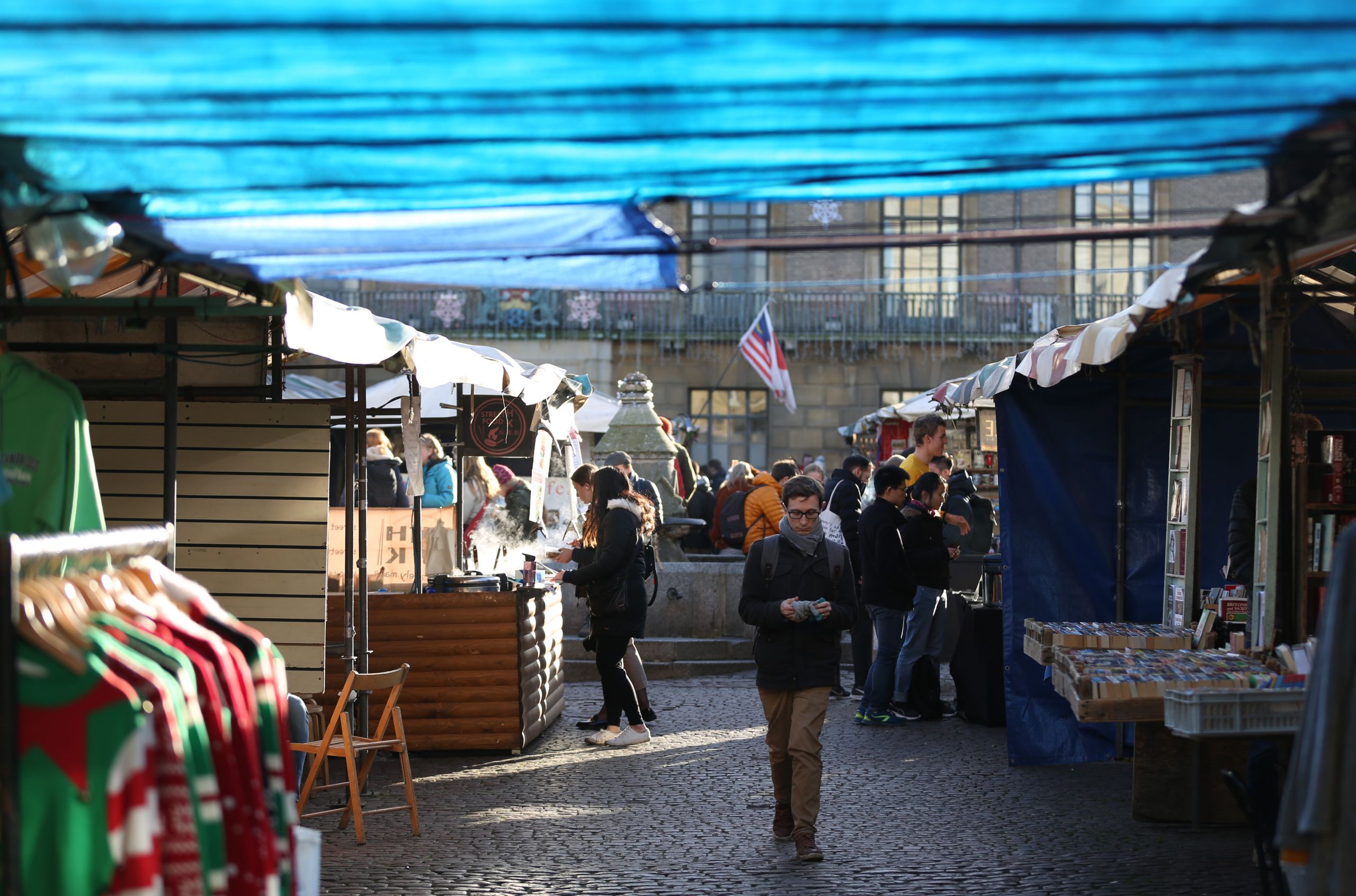
"I love that you can meet amazing, interesting people from around the world. Plus you can go to formal events in beautiful old halls where you get to dress up and eat great food. Cambridge is also a wonderful pastoral setting with plenty of green spaces and gardens everywhere."
Jenna, PhD in Engineering

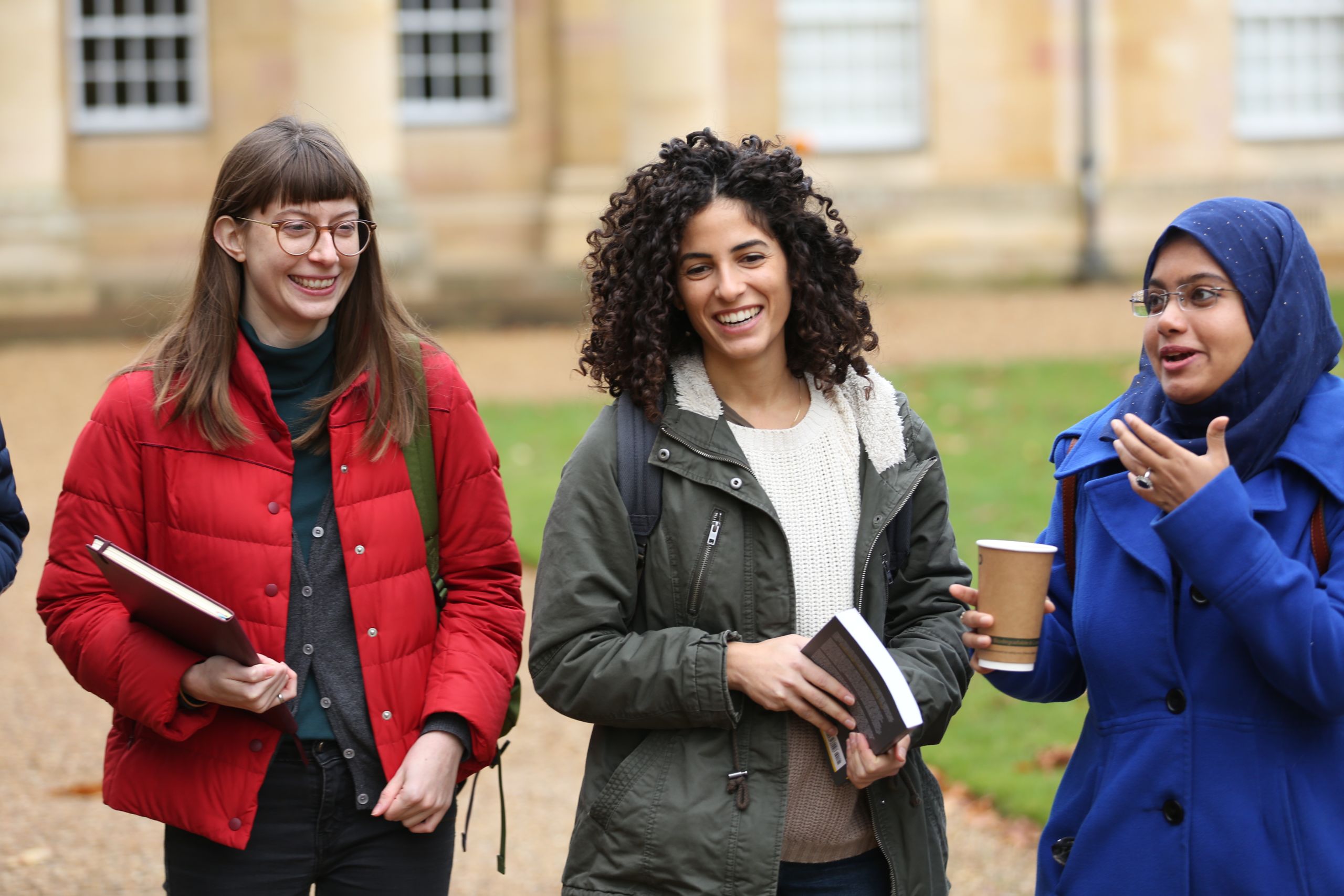

"The intercollegiate system is great as it enables you to meet a wide variety of people outside of your field.
Sports are also extremely accessible at all levels in the University; I think it's a good idea to try something new and out of your comfort zone."
Terence, MPhil in Management

"The fact that I can work in laboratories with the latest technology, have dinner with traditions that are hundreds of years old and learn from an international community all in the same day."
John, PhD in Paediatrics

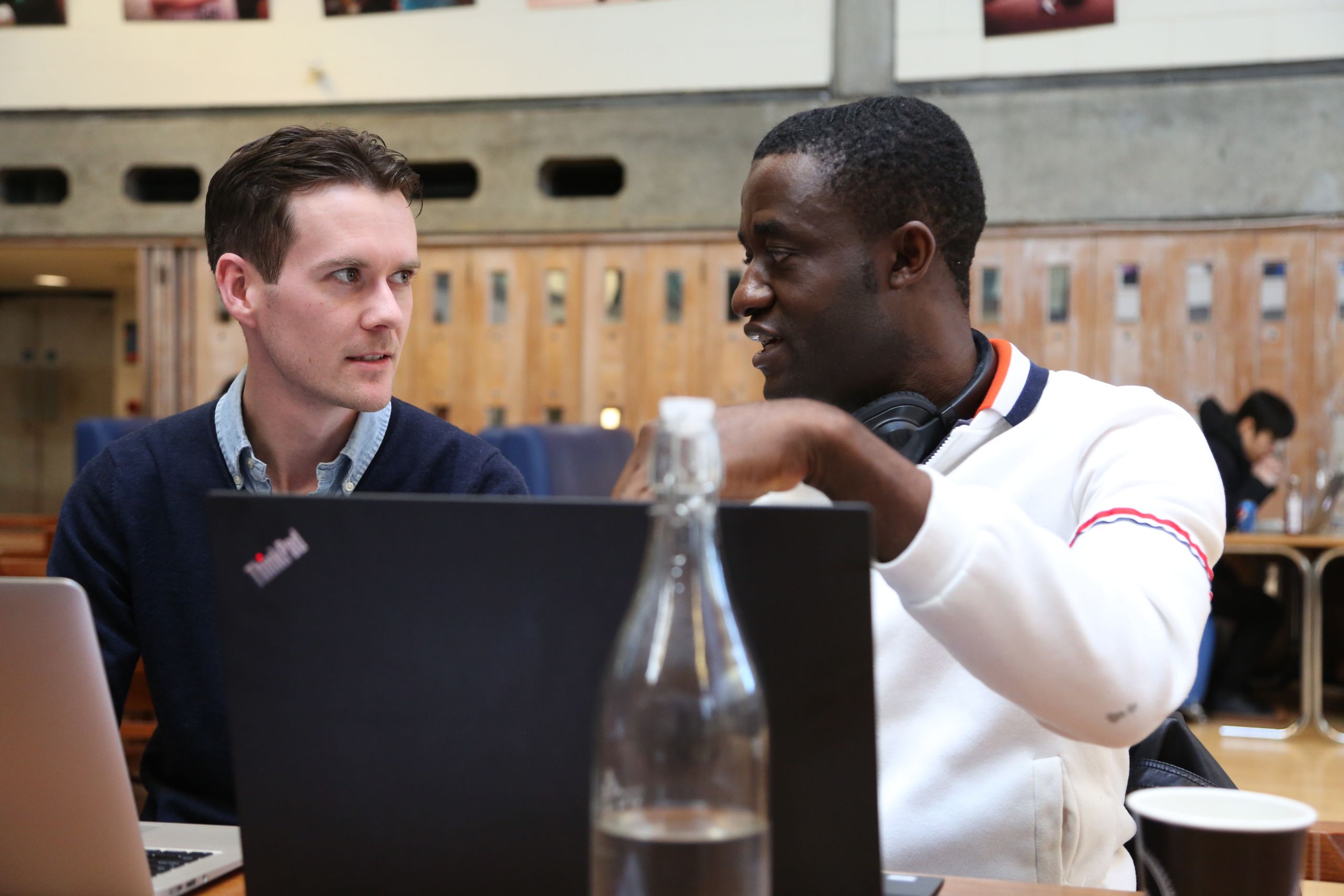

If you want to learn more about the Postgraduate application process at Cambridge, watch the video below.
The information in this article is correct at the time of publishing. For more information about postgraduate study at Cambridge, visit our website.
Last reviewed: July 2025.






















